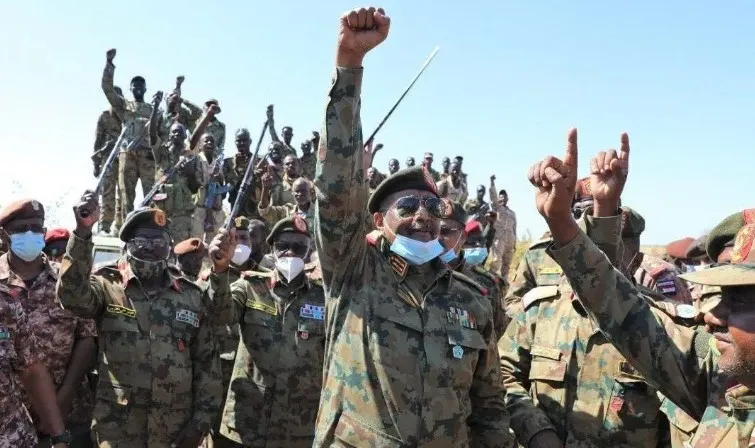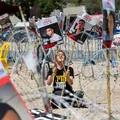The ongoing conflict in Sudan took a significant turn after the Sudanese army claimed control over the Presidential Palace in Khartoum following intense clashes with the Rapid Support Forces (RSF). The situation has heightened fears of prolonged instability in the region.
Background of the Conflict
✔️The Sudanese army and the RSF, a powerful paramilitary group, have been embroiled in a power struggle since April 2023.
✔️Tensions escalated when talks aimed at integrating RSF forces into the regular army broke down.
📌 Key Developments
✔️On March 21, 2025, Sudan’s military leaders declared they had successfully taken control of the Presidential Palace after several hours of intense fighting.
✔️Explosions and heavy gunfire were reported in multiple districts across Khartoum, with both sides claiming tactical victories.
Impact on Civilians
✔️Thousands of residents are fleeing Khartoum as the city faces continuous shelling and airstrikes.
✔️The United Nations has expressed deep concern for the rising civilian casualties and urged both sides to negotiate a ceasefire.
✔️Aid organizations warn that the conflict is intensifying Sudan's ongoing humanitarian crisis, with food, water, and medical supplies in critically short supply.
Global Response
✔️The United States, United Kingdom, and European Union have urged immediate peace talks to prevent further escalation.
✔️Neighboring countries, including Egypt and Chad, are preparing for an influx of Sudanese refugees.
Conclusion
With the Sudanese army now controlling the Presidential Palace, international pressure is mounting for diplomatic intervention. The conflict's impact on Sudan’s civilian population continues to worsen, making peace talks increasingly urgent.



